#books list
Text
twisted wonderland books list
Twst. - Fan Book (Vol.1 & 2)
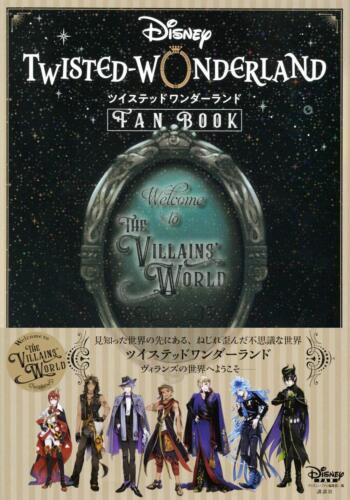

Twst. Official Guide Book
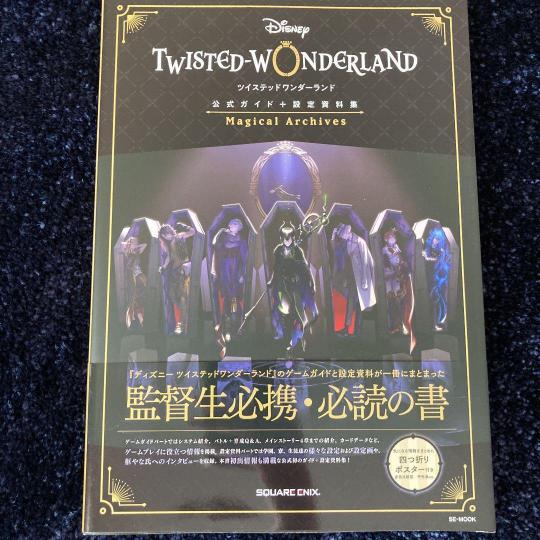
Twst. Official Visual Art Book (Vol. 1 to 3)


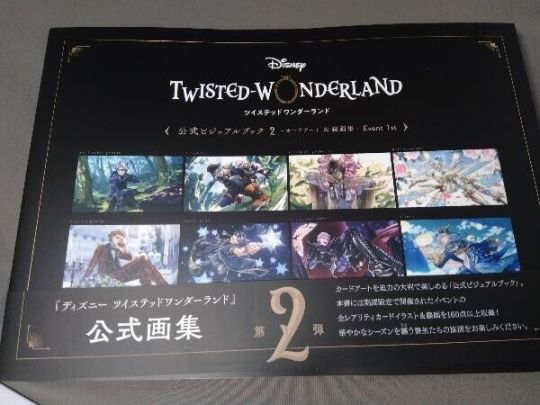
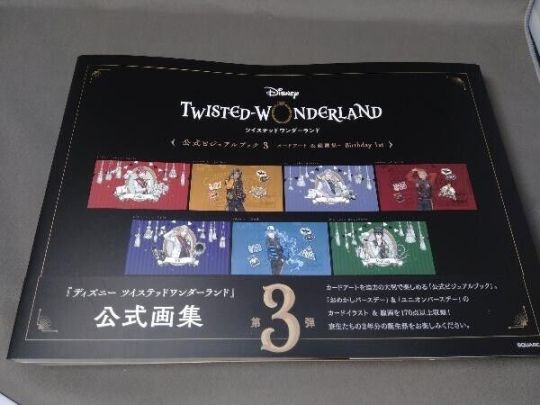
Twst. - Design Note Art Book

Twst. - Art Gallery Book (Vol. 1 & 2)

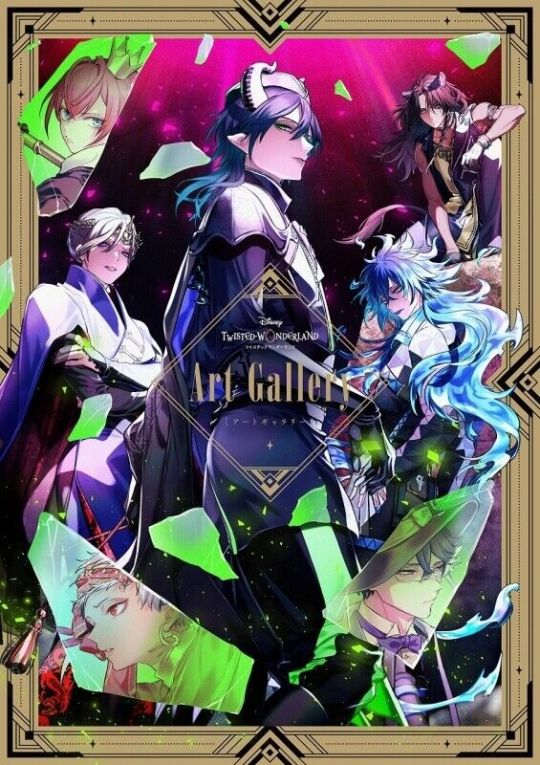

Twst. Journal Booklet (vol. 1 & 2)
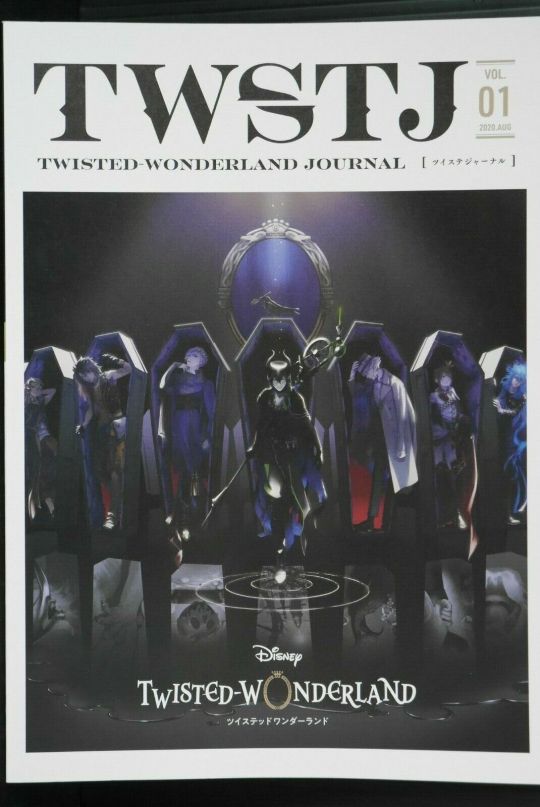
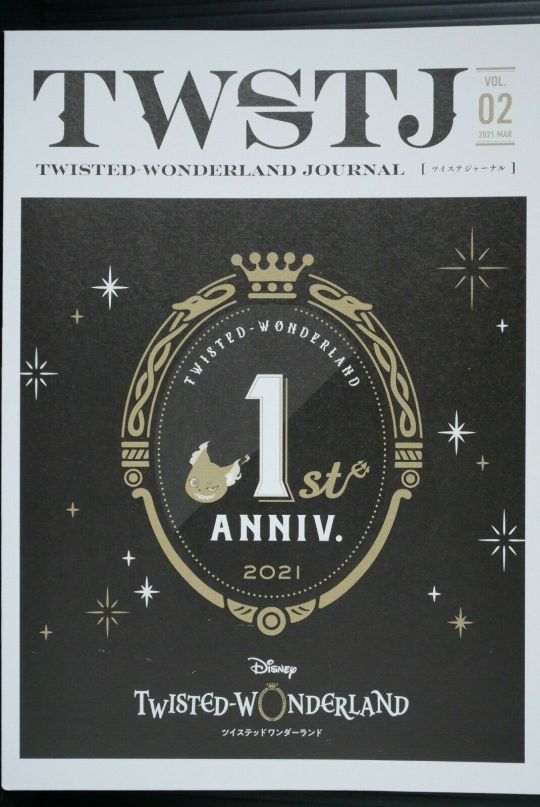
Twst. Dormitory Booklet
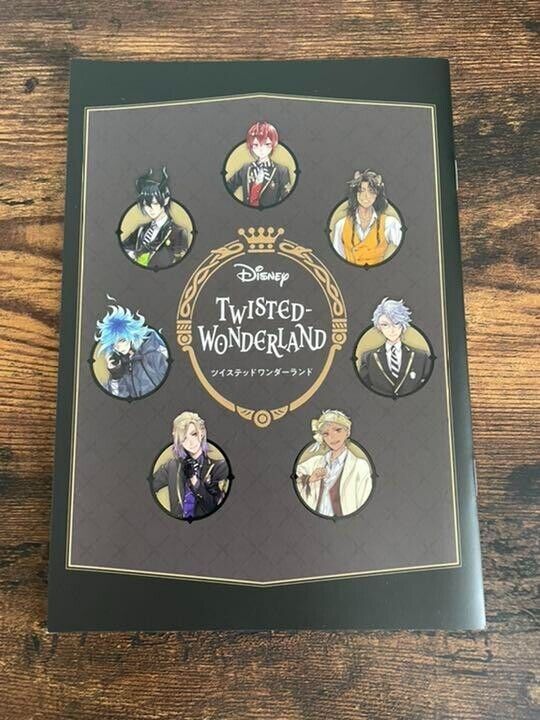
Twst. - Comic Anthology - Admission Guide Booklet
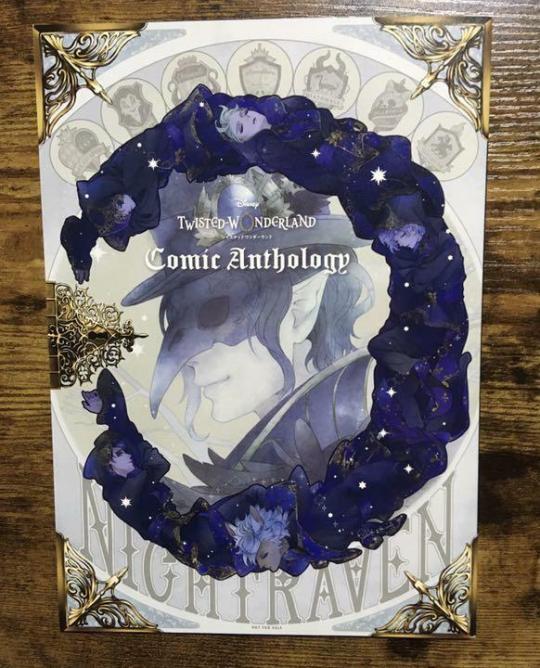
Twst. - Anthology Comic (Vol. 1 & 2) [manga just in jp]
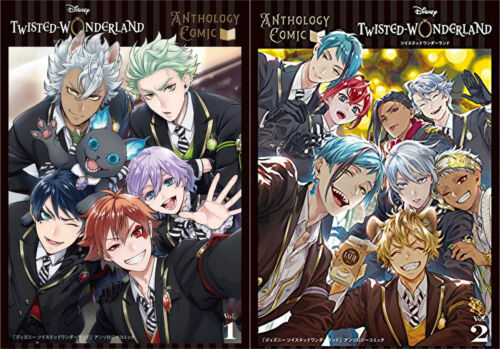
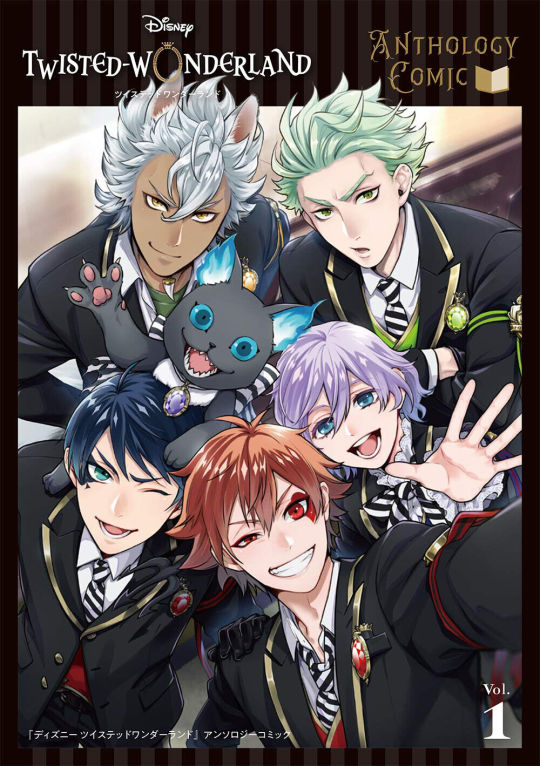

Twst. - The Comic Episode of Heartslabyul (Vol. 1 to 4) [manga with the 2 first books translated to eng]
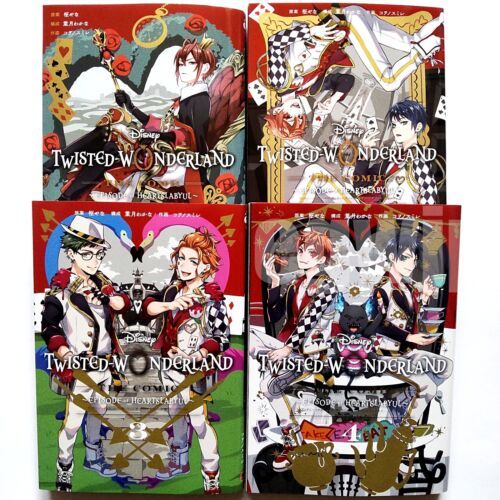
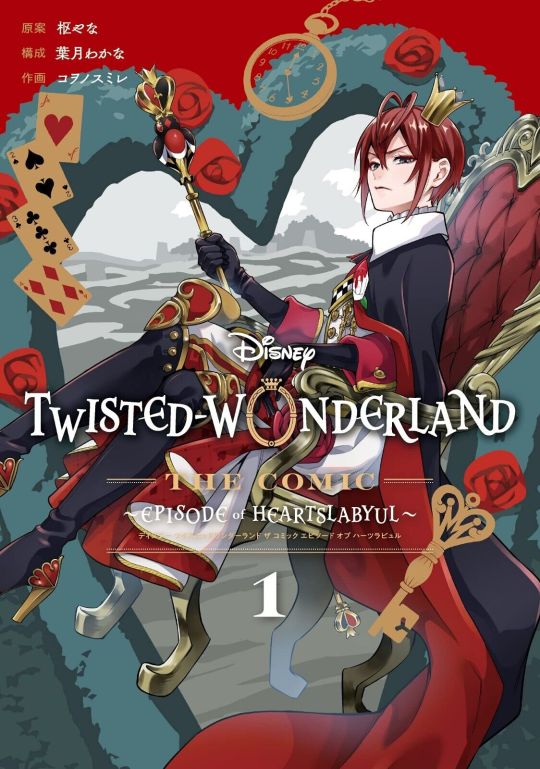

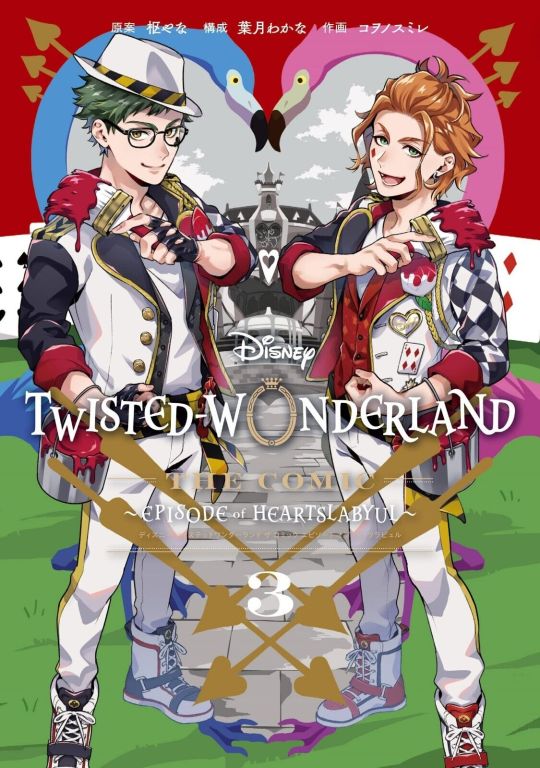
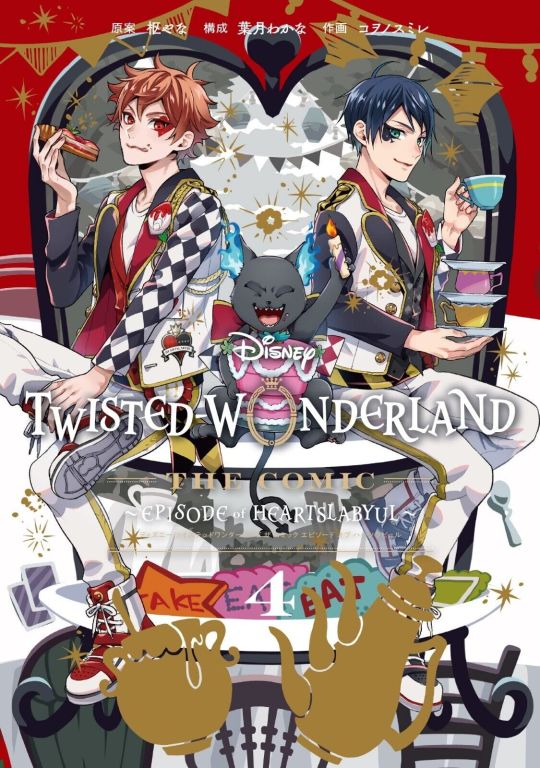
Twst. - The Comic Episode of Savanaclaw (Vol. 1) [current manga realize in jp]

Twist. - The Novel Episode 1

Twst. - The Novel Episode 2

[all images are from eBay]
#disney twisted wonderland#twisted wonderland#official release#disney twst#disney#book list#merchandise#japanese merchandise#moonlilies_archive#manga#light novel#novel#visual novel#books list
31 notes
·
View notes
Text
The Best Books
The list is made from an academic point of view. More books may be added or any book may be taken out of the list at anytime.
Books that enlightened, outraged, provoked and comforted us
Pride and Prejudice by Jane Austen, 1813
Emma by Jane Austen, 1815
The Count of Monte Cristo by Alexandre Dumas, 1844
Wuthering Heights by Emily Bronte, 1847
Vanity Fair by William Makepeace Thackeray, 1848
Great Expectations by Charles Dickens, 1860
Les Miserables by Victor Hugo, 1862
Crime and Punishment by Fyodor Dostoyevsky, 1866
Little Women by Louisa May Alcott, 1868
Middlemarch: A Study of Provincial Life by George Eliot, 1874
Anna Karenina by Leo Tolstoy, 1877
Adventures of Huckleberry Finn by Mark Twain, 1884
Germinal by Émile Zola, 1885
The Short Stories of Anton Chekhov by Anton Chekhov, 1888
The Ambassadors by Henry James, 1903
In Search of Lost Time by Marcel Proust, 1913
Dubliners by James Joyce, 1914
The Mysterious Stranger by Mark Twain, 1916
Ulysses by James Joyce, 1922
The Magic Mountain by Thomas Mann, 1924
An American Tragedy by Theodore Dreiser, 1925
The Great Gatsby by F. Scott Fitzgerald, 1925
To the Lighthouse by Virginia Woolf, 1927
Coming of Age in Samoa by Margaret Mead, 1928
All Quiet on the Western Front by Erich Remarque, 1929
The Sound and the Fury by William Faulkner, 1929
The Autobiography of Alice B. Toklas by Gertrude Stein, 1933
Tender is the Night by F. Scott Fitzgerald, 1934
Gone With the Wind by Margaret Mitchell, 1936
Death on the Nile by Agatha Christie, 1937
Out of Africa by Isak Dinesen, 1937
Their Eyes Were Watching God by Zora Neale Hurston, 1937
The Grapes of Wrath by John Steinbeck, 1939
Romola by George Eliot, 1940
Black Boy by Richard Wright, 1945
Hiroshima by John Hersey, 1946
Robinson Crusoe by Daniel Defoe, 1946
A Streetcar Named Desire by Tennessee Williams, 1947
Under the Volcano by Malcolm Lowry, 1947
The Sheltering Sky by Paul Bowles, 1949
The Catcher in the Rye by J. D. Salinger, 1951
Invisible Man by Ralph Ellison, 1952
Lord of the Flies by William Golding, 1954
The Sun Also Rises by Ernest Hemingway, 1954
Lolita by Vladimir Nabokov, 1955
Notes of a Native Son by James Baldwin, 1955
Our Man in Havana by Graham Greene, 1958
The Civil War by Shelby Foote, 1958
Raise High the Roof Beam, Carpenters and Seymour: An Introduction by JD Salinger, 1959
Rabbit, Run by John Updike, 1960
Where Angels Fear to Tread by E. M. Forster, 1960
The Death and Life of Great American Cities by Jane Jacobs, 1961
The Making of the President by Theodore H. White, 1961
Pale Fire by Vladimir Nabokov, 1962
The Spy Who Came in from the Cold by John le Carre, 1963
A Moveable Feast by Ernest Hemingway, 1964
The Autobiography of Malcolm X by Malcolm X, 1965
Manchild in the Promised Land by Claude Brown, 1965
Against Interpretation, and Other Essays by Susan Sontag, 1966
In Cold Blood by Truman Capote, 1966
One Hundred Years of Solitude by Gabriel Garcia Marquez, 1967
The American Cinema by Andrew Sarris, 1968
The Double Helix by James Watson, 1968
The Electric Kool_Aid Acid Test by Tom Wolfe, 1968
I Know Why the Caged Bird Sings by Maya Angelou, 1969
Slaughterhouse-Five by Kurt Vonnegut, 1969
The French Lieutenant’s Woman by John Fowles, 1969
Are You There God? It’s Me Margaret by Judy Blume, 1970
Ball Four by Jim Boutton, 1970
The Complete Stories of Flannery O’Connor, 1971
The Best and the Brightest by David Halberstam, 1972
The Politics of Nonviolent Action by Gene Sharp, 1973
All The President’s Men by Bob Woodwad and Carl Bernstein, 1974
The Power Broker by Robert A. Caro, 1974
Ragtime by E. L. Doctorow, 1975
Sociobiology by Edward O. Wilson, 1975
The Executioner’s Song by Norman Mailer, 1979
The Clan of the Cave Bear by Jean M. Auel, 1980
Follow The River by James Alexander Thom, 1981
Psychoanalysis: The Impossible Profession by Janet Malcolm, 1981
The Fractal Geometry of Nature by Benoit Mandelbrot, 1982
The Last Lion: Winston Spencer Churchill by William Manchester, 1983
The Unbearable Lightness of Being by Milan Kundera, 1984
The Center of the Cyclone by John Lilly, 1985
Great and Desperate Cures by Elliott Valenstein, 1986
Maus by Art Spiegelman, 1986
The Making of the Atomic Bomb by Richard Rhodes, 1986
And the Band Played On by Randy Shilts, 1987
Beloved by Toni Morrison, 1987
The Closing of the American Mind by Allan Bloom, 1987
A Brief History of Time by Stephen Hawking, 1988
Battle Cry of Freedom: The Civil War Era by James M. McPerson, 1988
The Society of Mind by Marvin Minsky, 1988
Summer’s Lease by John Mortimer, 1989
A Prayer For Owen Meany by John Irving, 1989
A Soldier of the Great War by Mark Helprin, 1991
Mortal Questions by Thomas Nagel, 1991
PIHKAL by Alexander and Ann Shulgin, 1991
Lonely Hearts of the Cosmos by Dennis Overbye, 1991
The Six Wives of Henry VIII by Alison Weir, 1991
Band of Brothers by Stephen E. Ambrose, 1992
The Talented Mr Ripley by Patricia Highsmith, 1992
The English Patient by Michael Ondaatje, 1993
Dreams from My Father by Barack Obama, 1995
Montana Sky by Nora Roberts, 1996
Tuesdays with Morrie: An Old Man, a Young Man, and Life’s Greatest Lesson by Mitch Albom, 1997
War Before Civilization by Lawrence Keeley, 1997
How the Mind Works by Steven Pinker, 1997
A Walk in the Woods by Bill Bryson, 1998
In the Name of Eugenics by Daniel Kevles, 1998
Who Moved My Cheese? by Spencer Johnson, 1998
Interpreter of Maladies by Jhumpa Lahiri, 1999
A Heartbreaking Work of Staggering Genius by Dave Eggers, 2000
Nonzero by Robert Wright, 2000
Chocolat by Joanne Harris, 2000
The Secret Life of Bees by Sue Monk Kidd, 2001
The Illusion of Conscious Will by Daniel Wegner, 2002
Atonement by Ian McEwan, 2003
The Kite Runner by Khaled Hosseini, 2003
The Known World by Edward P. Jones, 2003
Gilead by Marilynne Robinson, 2004
My Sister’s Keeper by Jodi Picoult, 2004
Portofino: A Novel (Calvin Becker Trilogy) by Frank Schaeffer, 2004
Never Let Me Go by Kazuo Ishiguro, 2005
The Book Thief by Marcus Zusak, 2005
The Girl With a Dragon Tattoo by Stieg Larsson, 2008
Lords of Finance: The Bankers Who Broke The World, 2009
Unbroken: A World War II Story of Survival, Resilience and Redemption by Laura Hillenbrand, 2010
Washington: A Life by Ron Chernow, 2010
Orientation: And Other Stories by Daniel Orozco, 2011
Books that inspired debate, activism, dissent, war and revolution
The Torah
Bhagavad Gita
I Ching (Classic of Changes) by Fu Xi
Tao Te Ching by Lao Tzu
The Summa Theologica of St. Thomas Aquinas, 1266
The Divine Comedy by Dante Alighieri, 1321
Don Quixote by Miguel de Cervantes, 1605
Ethics by Baruch de Spinoza, 1677
Pilgrim’s Progress by John Bunyan, 1678
Candide by Voltaire, 1759
Confessions by Jean-Jacques Rousseau, 1781
Critique of Pure Reason by Immanuel Kant, 1781
Democracy in America by Alexis de Tocqueville, 1835
A Christmas Carol by Charles Dickens, 1843
Moby-Dick by Herman Melville, 1851
Uncle Tom’s Cabin by Harriet Beecher Stowe, 1852
Walden (Life in the Woods) by Henry David Thoreau, 1854
Madame Bovary by Gustave Flaubert, 1857
Experiments on Plant Hybridization by Gregor Mendel, 1866
War and Peace by Leo Tolstoy, 1869
Thus Spoke Zarathustra by Friedrich Nietzsche, 1883
Arabian Nights by Andrew Lang, 1898
The Ragged Trousered Philanthropists by Robert Tressell, 1914
Relativity: The Special and General Theory by Albert Einstein, 1916
Psychological Types by Carl Jung, 1921
Mein Kampf (My Struggle or My Battle) by Adolf Hitler, 1925
Der Process (The Trial) by Franz Kafka, 1925
The Tibetan Book of the Dead by Karma-glin-pa (Karma Lingpa), 1927
Brave New World by Aldous Huxley, 1932
The General Theory of Employment Interest and Money by John Maynard Keynes, 1936
The Big Book by Alcoholics Anonymous, 1939
Being and Nothingness by Jean-Paul Sartre, 1943
The Little Prince by Antoine de Saint-Exupery, 1943
The Road To Serfdom by Friedrich von Hayek, 1944
Animal Farm by George Orwell, 1945
Survival in Auschwitz: The Nazi Assault on Humanity by Primo Levi, 1947
The Diary of a Young Girl by Anne Frank, 1947
Nineteen Eighty-Four by George Orwell, 1949
The Second Sex by Simone de Beauvoir, 1949
The Origins of Totalitarianism by Hannah Arendt, 1951
Things Fall Apart by Chinua Achebe, 1958
To Kill a Mockingbird by Harper Lee, 1960
Guerilla Warfare by Che Guevarra, 1961
Capitalism and Freedom by Milton Friedman, 1962
Silent Spring by Rachel Carson, 1962
The Structure of Scientific Revolutions by Thomas Kuhn, 1962
Quotations from Chairman Mao Tse-Tung (The Little Red Book) by Mao Zedong, 1964
Unsafe at Any Speed by Ralph Nader, 1965
Catch 22 by Joseph Heller, 1969
The Female Eunuch by Germaine Greer, 1970
Zen and the Art of Motorcycle Maintenance by Robert M. Pirsig, 1974
The Normal Heart by Larry Kramer, 1987
The Alchemist by Paulo Coelho, 1988
The Vagina Monologues by Eve Ensler, 1995
Harry Potter and the Philosopher’s Stone by J. K. Rowling, 1997
Books that shook civilization, changed the world
The Holy Bible
The Qur’an
The Analects of Confucius
The Iliad and The Odyssey by Homer
The Histories by Herodotus, 440 BC
The Republic by Plato, 380 BC
The Kama Sutra (Aphorisms on Love) by Vatsyayana
On the Shortness of Life by Lucius Annaeus Seneca (The Younger), 62
Geographia by Ptolemy, 150
Meditations by Marcus Aurelius, 160
Confessions by St. Augustine, 397
The Canon of Medicine by Avicenna, 1025
Magna Carta, 1215
The Inner Life by Thomas a Kempis, 1400’s
The Canterbury Tales by Geoffrey Chaucer, 1478
The Prince by Niccolo Machiavelli, 1532
On Friendship by Michel de Montaigne, 1571
The King James Bible by William Tyndale et al, 1611
The First Folio by William Shakespeare, 1623
Principia Mathematica by Isaac Newton, 1687
A Tale of a Tub by Jonathan Swift, 1704
Encyclopaedia or a Systematic Dictionary of the Sciences, Arts and Crafts, 1751
A Dictionary of the English Language by Samuel Johnson, 1755
Patent Specification for Arkwright’s Spinning Machine by Richard Arkwright, 1769
Common Sense by Thomas Paine, 1776
The History of the Decline and Fall of the Roman Empire by Edward Gibbon, 1776
The Wealth of Nations by Adam Smith, 1776
The Social Contract by Jean-Jacques Rousseau, 1762
On the Abolition of the Slave Trade by William Wilberforce, 1789
Rights of Man by Thomas Paine, 1791
A Vindication of the Rights of Woman by Mary Wollstonecraft, 1792
On the Pleasure of Hating by William Hazlitt, 1826
Experimental Researches in Electricity by Michael Faraday, 1839, 1844, 1855
The Communist Manifesto by Karl Marx and Friedrich Engels, 1848
On the Suffering of the World by Arthur Schopenhauer, 1851
Leaves of Grass by Walt Whitman, 1855
On Liberty by John Stewart Mill, 1859
On the Origin of Species by Charles Darwin, 1859
The Rules of Association Football by Ebenezer Cobb Morley, 1863
Das Kapital (Capital: Critique of Political Economy) by Karl Marx, 1867
On Art and Life by John Ruskin, 1886
The War of the Worlds by H. G. Wells, 1898
The Interpretation of Dreams by Sigmund Freud, 1899
The Jungle by Upton Sinclair, 1906
Why Am I So Wise by Friedrich Nietzsche, 1908
Married Love by Marie Stopes, 1918
Lady Chatterly’s Lover by D. H. Lawrence, 1928
A Room of One’s Own by Virginia Woolf, 1929
Civilization and its Discontents by Sigmund Freud, 1930
Why I Write by George Orwell, 1946
29 notes
·
View notes
Text
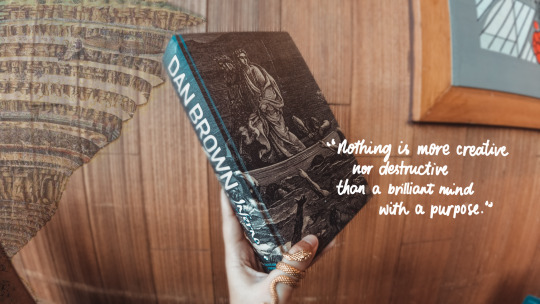
#readables#books#book#reading#books list#free books#bookshelves#book reviews#bookshelf#favorite books#bookworm#book review#book quotes#book blog#book lover#bookish#booklr#books and reading#book tumblr#bookstagram#booktok#booktube#books & libraries#bookblr#inferno#dan brown#book aesthetic
10 notes
·
View notes
Text
If you've seen Spotlight, then you already know how incredible it is. The film is gritty and edge-of-your seat exciting, and the ensemble cast is outstanding. The story itself — sex abuse and corruption of the Catholic church that rocked the faith of an entire nation — is one that is hard to tell, and maybe even harder to watch, but in the end, it's an inspiring story that celebrates truth and proves that change can happen, as long as a few people are willing to fight for it.
#article#spotlight#boston globe#read this#book#books#books list#books and reading#books and novels#books and libraries#books and literature#journalism#true crime
2 notes
·
View notes
Text

A few things to eventually read or re-read on the list. May add more as time goes on, however lots of other things to do first. Plus Halloween to do.
8 notes
·
View notes
Text
kicking a hornets nest.
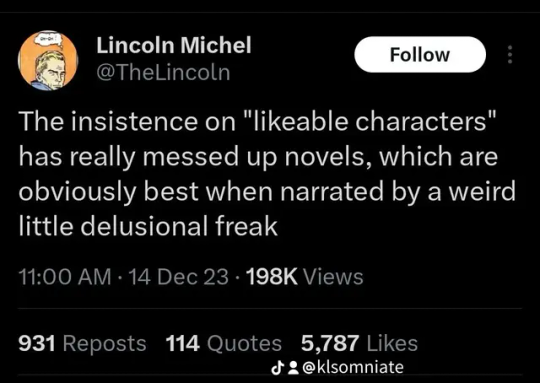
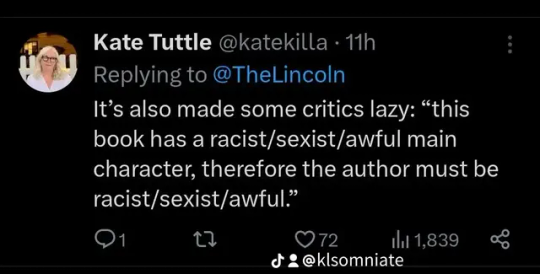
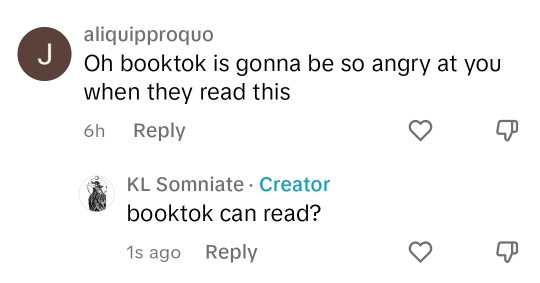
86K notes
·
View notes
Text
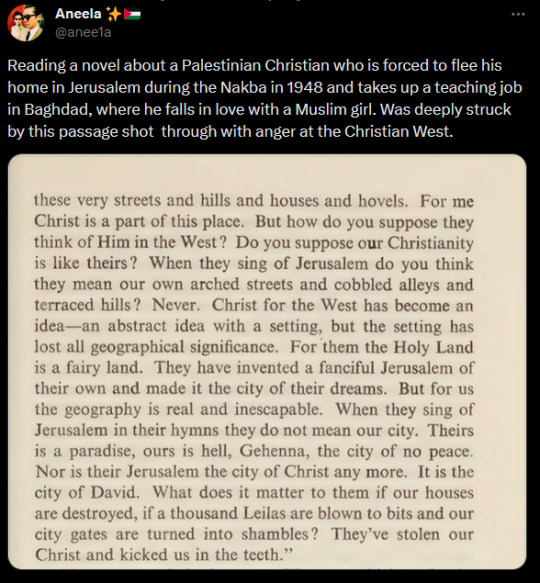
thinking about this today
#OP said the book is hunters in a narrow street#by jabra ibrahim jabra#going on my to read list#palestine
21K notes
·
View notes
Text
what's a book you read as a teenager that was so magical and personally profound to you it literally changed your life, doesnt matter if the book was actually well written or not. mine's probably the catcher in the rye
44K notes
·
View notes
Text
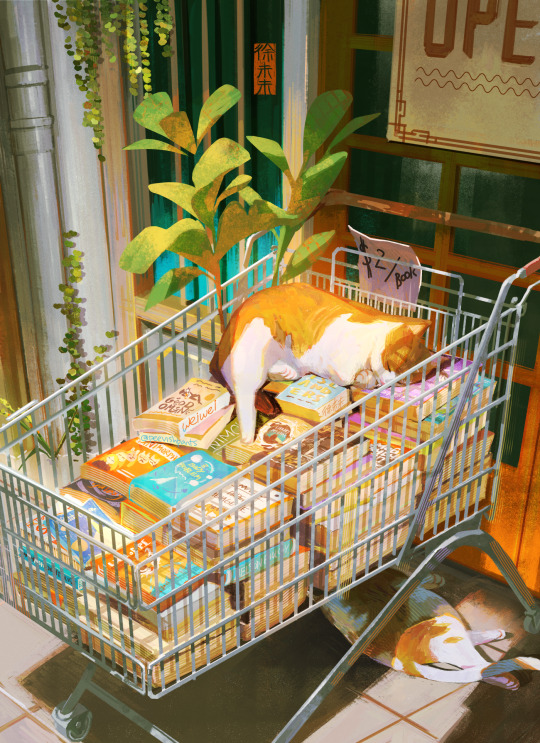
/ᐠ。ꞈ。ᐟ\: u like book? u want buy book? two dollar *falls asleep*
available as a print here!
#CAT#artists on tumblr#i am going to make a list of every book in this drawing later#they are all some of my faves!!!#i ripped this joke from bts's suga from that show where they had to demonstrate american swag#weiwei art#pls reblog this its my favourite thing ive drawn all year
16K notes
·
View notes
Text
twisted wonderland books list -pt.2
Twst. - Wonder Nail Book

Twst. Postcard Book (7 variations)
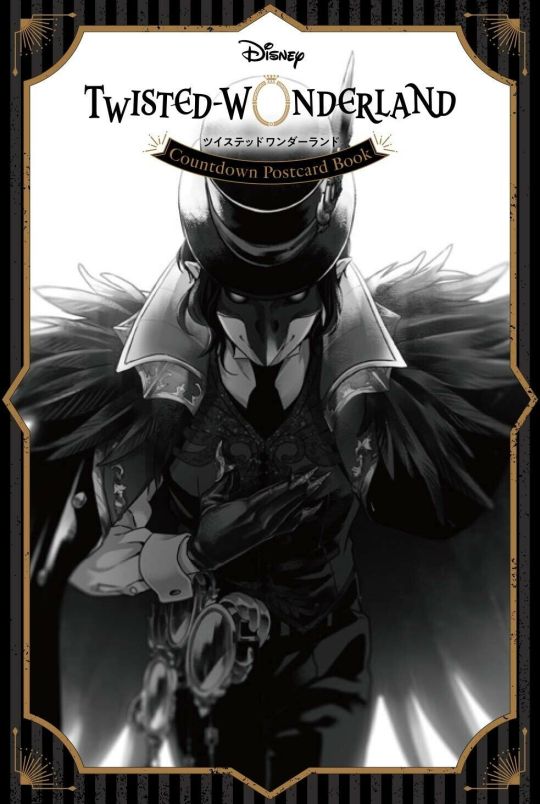
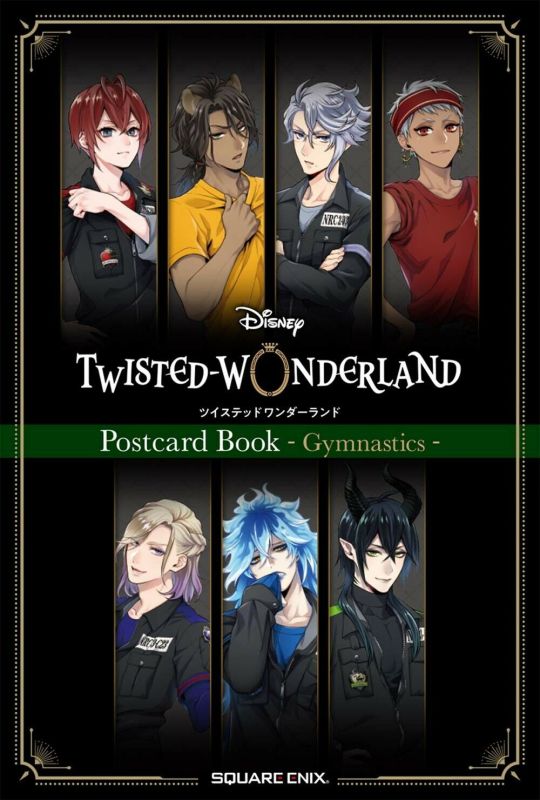
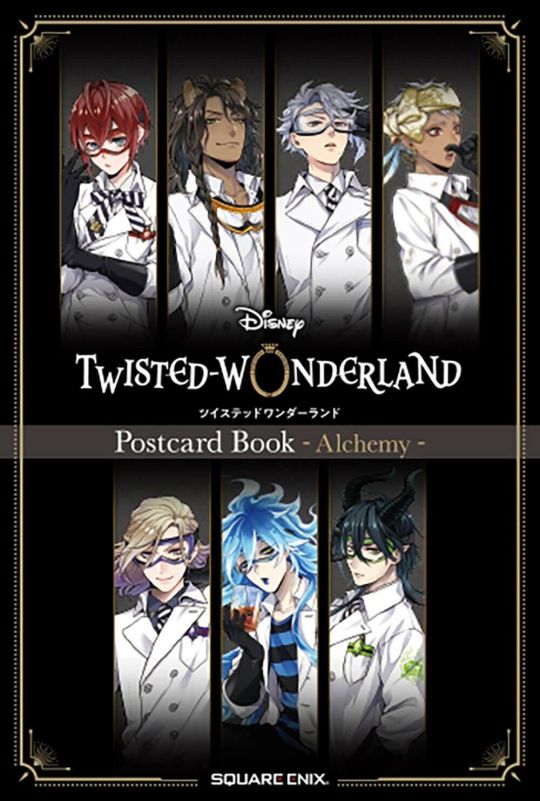


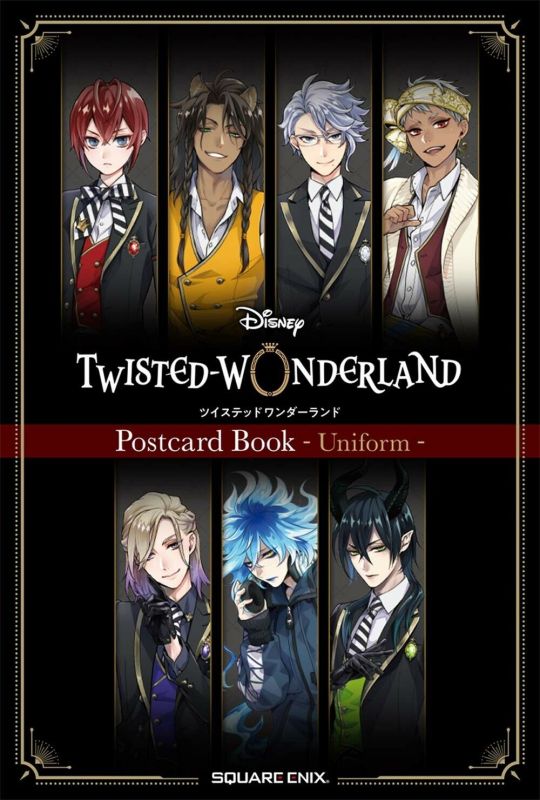
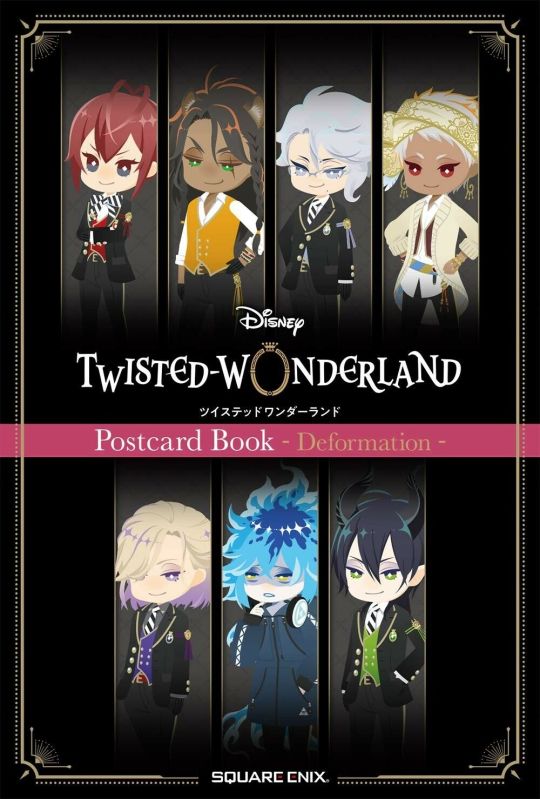
Twst. Postcard Collection Book

Twst. - Book with plush doll mascot (dorm leaders and Grim)
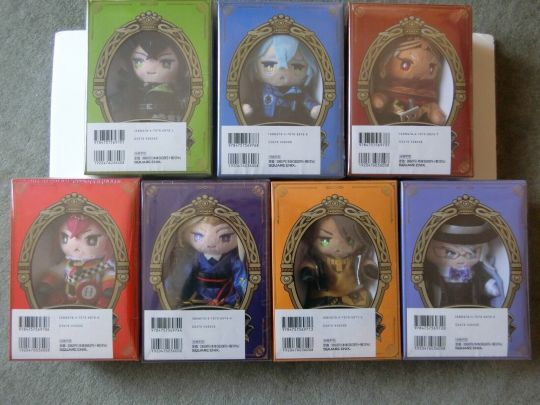

Twst. Shoulder Bag Book

Twst. Collection Book - Long Wallet

Twst. Special Book with Design Bag

Twst. Scratch Art Book

[images from eBay]
#disney twisted wonderland#disney twst#twst#twst wonderland#japanese merchandise#merchandise#moonlilies archive#books list#book list#merch#visual novel#visual novels#novel#manga#art book#disney#Twisted wonderland#Merchandise list
24 notes
·
View notes
Text
it’s very easy to tell the good satires and pastiches from the bad ones because the bad ones are too afraid to live within the form. like if you are doing work with fairy tales and you are refusing to look closer at the underlying logic and unspoken rules of what can seem at first to be a senseless form, you are not going to create meaningful work. to borrow a turn of phrase originally used by maria tatar, if you refuse to enter “the house of fairy tale” as anything more than a gawking tourist, you will miss the particular order to the way the table is set, the rooms that are locked vs the rooms that are simply difficult to enter, the set of the floorboards and the position of the furniture. whatever you build will then be a gilded imitation of how you believe the house of fairy tale ought to look, the table set according to your educated specifications and every door open. there can be no interrogation of themes from a writer who views the form as beneath them!
#it speaks!#sondheim understood this with into the woods; the deconstruction of narrative itself is able to happen because we are able to believe in ->#<- the fairy tale logic he employs prior to this.#its a kids book but adam gidwitz understood this with a tale dark and grimm!!#cant speak for the rest of the series but that first book uses the absurdity of fairy tale logic to speak about the absurdity of ->#<- adulthood and the pedagogy present in many fairy tales to discuss the ways parents hurt their children.#rule of threes is important but theres so much on my list ive yet to read; always welcome recommendations.#fairy tales#into the woods#<- this comes from musings on how successfully i feel that musical functions so it gets the tag
3K notes
·
View notes
Note
While we’re on the subject of names, is there an explanation for how traditional nicknames came about that are seemingly unrelated to, or have little in common with, the original name?
ie- John/Jack, Richard/Dick, Henry/Harry/Hank, Charles/Chuck, Margaret/Peggy/Daisy, Sarah/Sally, Mary/Molly, Anne/Nan, etc
I am actually over a week into researching a huge follow-up post (probably more than one if I’m being honest) about the history of nickname usage, so I will be going into this in much, much more detail at a hopefully not-so-later date - if I have not lost my mind. (Two days ago I spent three hours chasing down a source lead that turned out to be a typographical error from 1727 that was then quoted in source after source for the next 150 years.)
As a preview though, here’s some info about the names you mentioned:
The origins of a good portion of common English nicknames come down to the simple fact that people really, really like rhyming things. Will 🠞Bill, Rob🠞Bob, Rick🠞Dick, Meg🠞Peg.
It may seem like a weird reason, but how many of you have known an Anna/Hannah-Banana? I exclusively refer to my Mom’s cat as Toes even though her name is Moe (Moesie-Toesies 🠞 Toesies 🠞 Toes).
Jack likely evolved from the use of the Middle English diminutive suffix “-chen” - pronounced (and often spelled) “-kyn” or “kin”. The use of -chen as a diminutive suffix still endures in modern German - as in “liebchen” = sweetheart (lieb “love” + -chen).
John (Jan) 🠞 Jankin 🠞 Jackin 🠞 Jack.
Hank was also originally a nickname for John from the same source. I and J were not distinct letters in English until the 17th Century. “Iankin” would have been nearly indistinguishable in pronunciation from “Hankin” due to H-dropping. It’s believed to have switched over to being a nickname for Henry in early Colonial America due to the English being exposed to the Dutch nickname for Henrik - “Henk”.
Harry is thought to be a remnant of how Henry was pronounced up until the early modern era. The name was introduced to England during the Norman conquest as the French Henri (On-REE). The already muted nasal n was dropped in the English pronunciation. With a lack of standardized spelling, the two names were used interchangeably in records throughout the middle ages. So all the early English King Henrys would have written their name Henry and pronounced it Harry.
Sally and Molly likely developed simply because little kids can’t say R’s or L’s. Mary 🠞 Mawy 🠞 Molly. Sary 🠞 Sawy 🠞 Sally.
Daisy became a nickname for Margaret because in French garden daisies are called marguerites.
Nan for Anne is an example of a very cool linguistic process called rebracketing, where two words that are often said/written together transfer letters/morphemes over time. The English use of “an” instead of “a” before words beginning with vowels is a common cause of rebracketing. For example: the Middle English “an eute” became “a newt”, and “a napron” became “an apron”. In the case of nicknames the use of the archaic possessive “mine” is often the culprit. “Mine Anne” over time became “My Nan” as “mine” fell out of use. Ned and Nell have the same origin.
Oddly enough the word “nickname” is itself a result of rebracketing, from the Middle English “an eke (meaning additional) name”.
I realized earlier this week that my cat (Toe’s sister) also has a rebracketing nickname. Her name is Mina, but I call her Nom Nom - formed by me being very annoying and saying her name a bunch of time in a row - miNAMiNAMiNAM.
Chuck is a very modern (20th century) nickname which I’ll have to get back to you on as I started my research in the 16th century and am only up to the 1810s so far lol.
#names#nicknames#onomastics#history#asks#nicknames are really hard to research you guys#there is so much info out there and it's almost all nonsense#and I'm talking academic books with listed sources not buzzfeed listicles#some guy in the 18th century forgetting to mention Bill on a list of common nicknames does not mean it wasn't in use at the time ma dude#i've had to get very creative with sources#god bless word for word murder trial testimony
2K notes
·
View notes
Text
Heeyy everyone
Hope y'all are doing great. I have recently opened a new Instagram account dedicated to books 📚 only and I would really appreciate if you could give it a follow.
https://instagram.com/missleobooks?igshid=ZDdkNTZiNTM=

#book blog#book lovers#bookish#bookworm#books#books and reading#book qoute#bookworld#book review#bookstagram#booklover#books lover#books and candles#books list#reader#reading#long reads#reading in bed#readersofinstagram#books of instagram#dark academia books#book books books#book blr#bookblog#bookshop#books and cats#book liveblog#book library#booklust#instagram
0 notes
Text
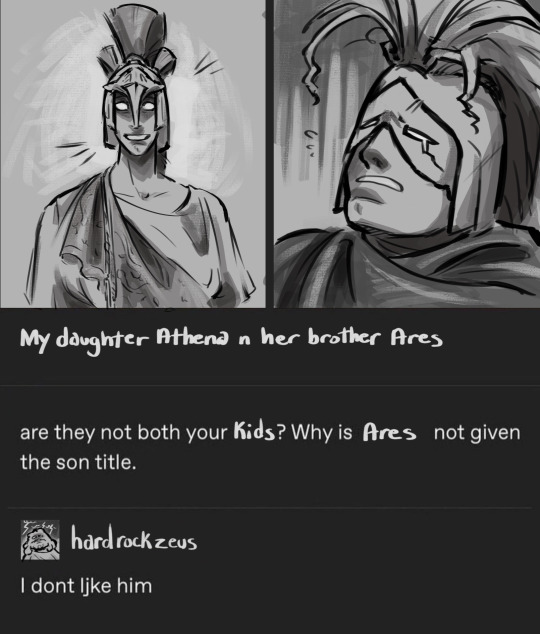
reading the Iliad is an experience
#help how do i tag this#greek mythology#athena#ares#zeus#the iliad#genuinely this is untaggable#fan art#artists on tumblr#digital art#sketch#doodle#my art#the autism is winning. on book 11 of the iliad boys#i love how reading the iliad book 1 is like 'ok this isnt bad at all' then BOOM book 2 hits you with the biggest list of characters EVER#like oh okay this is what we're doing
2K notes
·
View notes
Text


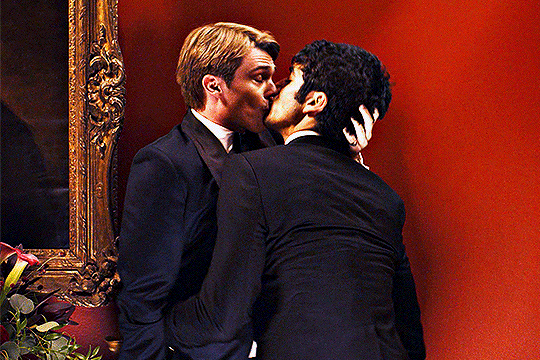

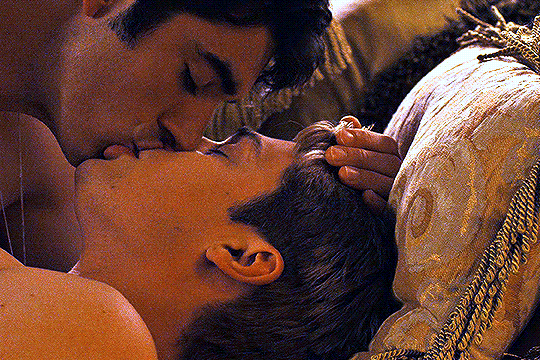
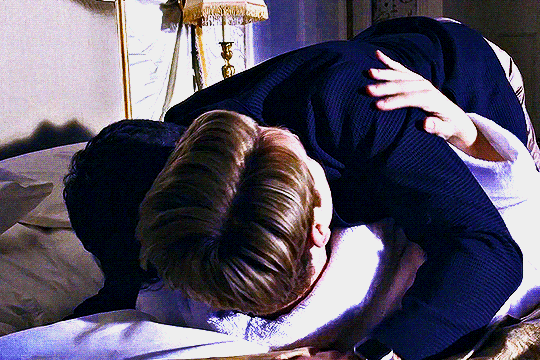

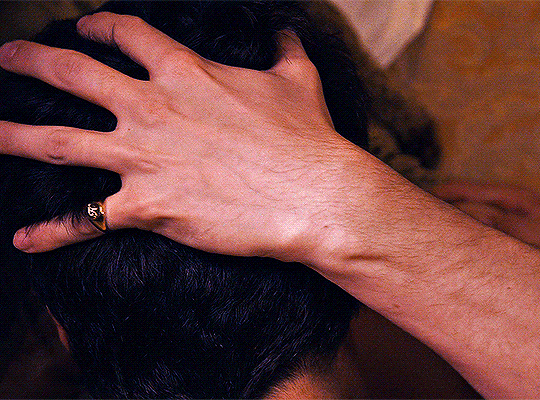
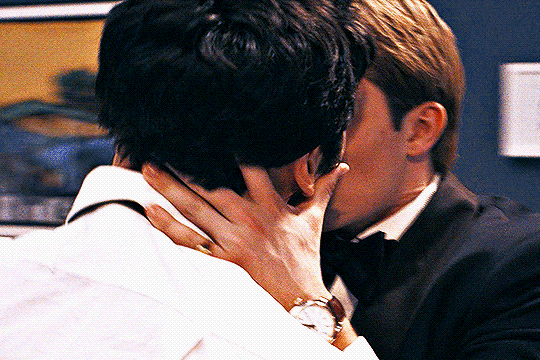



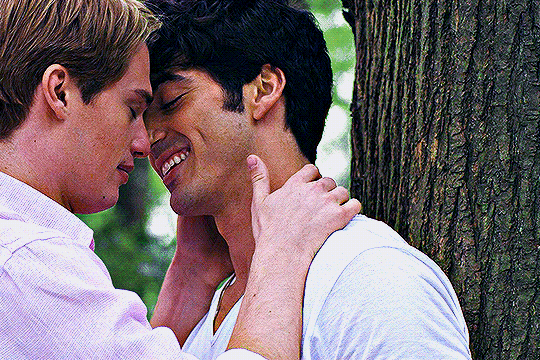
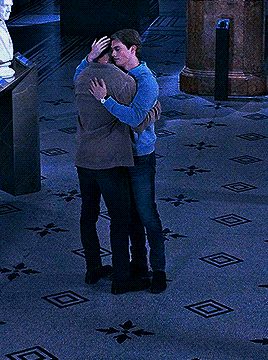
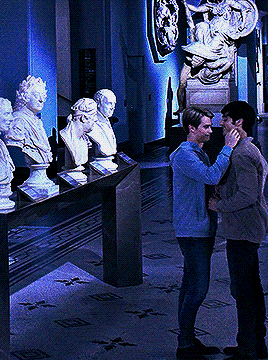
He grabbed my hair in a way that made me understand the difference between rugby and football.
bonus ±

#rwrb#rwrbedit#red white and royal blue#alex x henry#firstprince#userninz#userveronika#chrissiewatts#usersteen#usernuria#usermegsb#userclara#userkhael#mine*#this kind of set has been done to death but it hasnt been done by ME.#it's been on my book/movie list for a while#anyway they changed the game with this idk what to tell you#idk who i'd rather be in this situation.............#alex needed to get his hands in henry's hair so much more like in the book bc he was OBSESSED#and honestly same#the soft one in the paris scene like... thats my shit. turn it up.
2K notes
·
View notes
